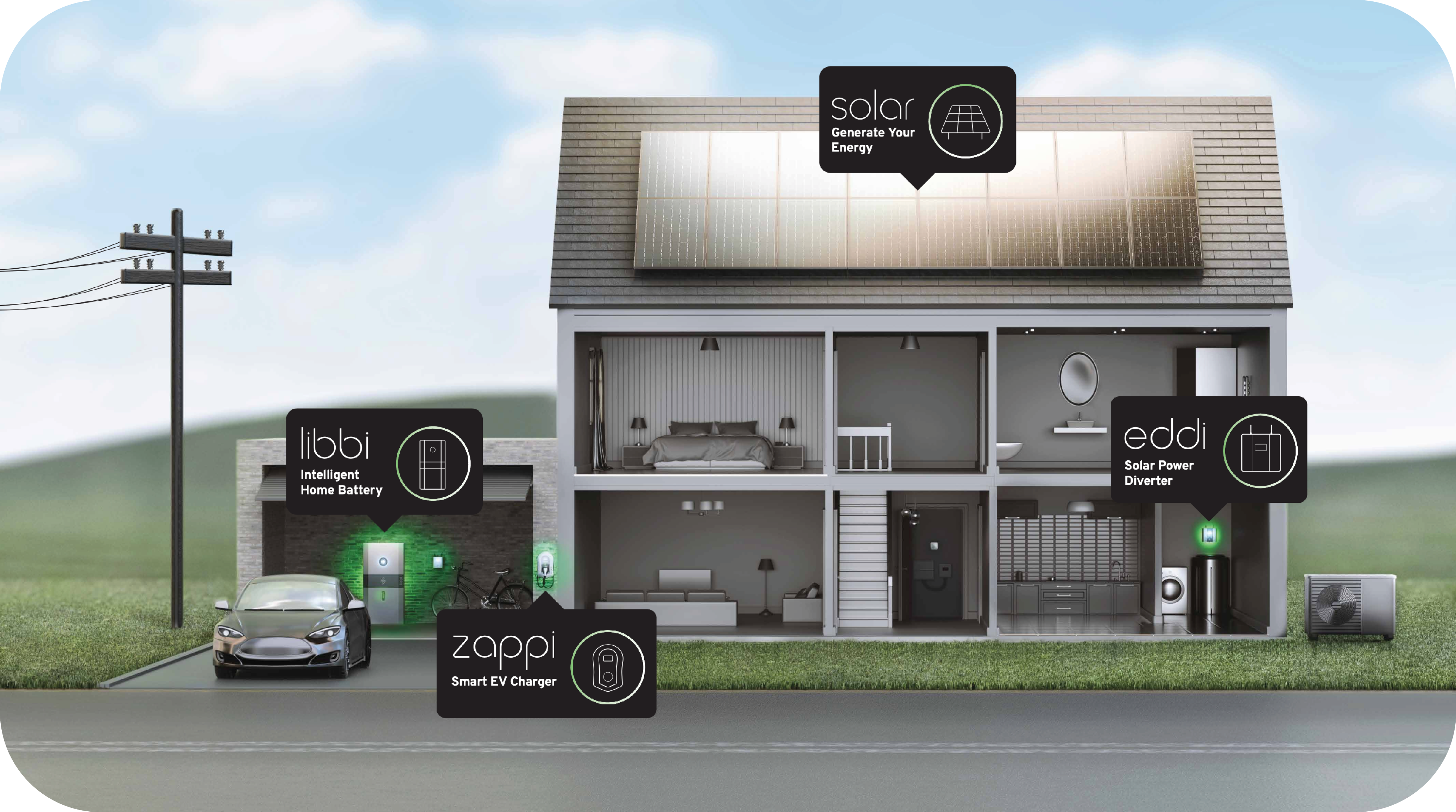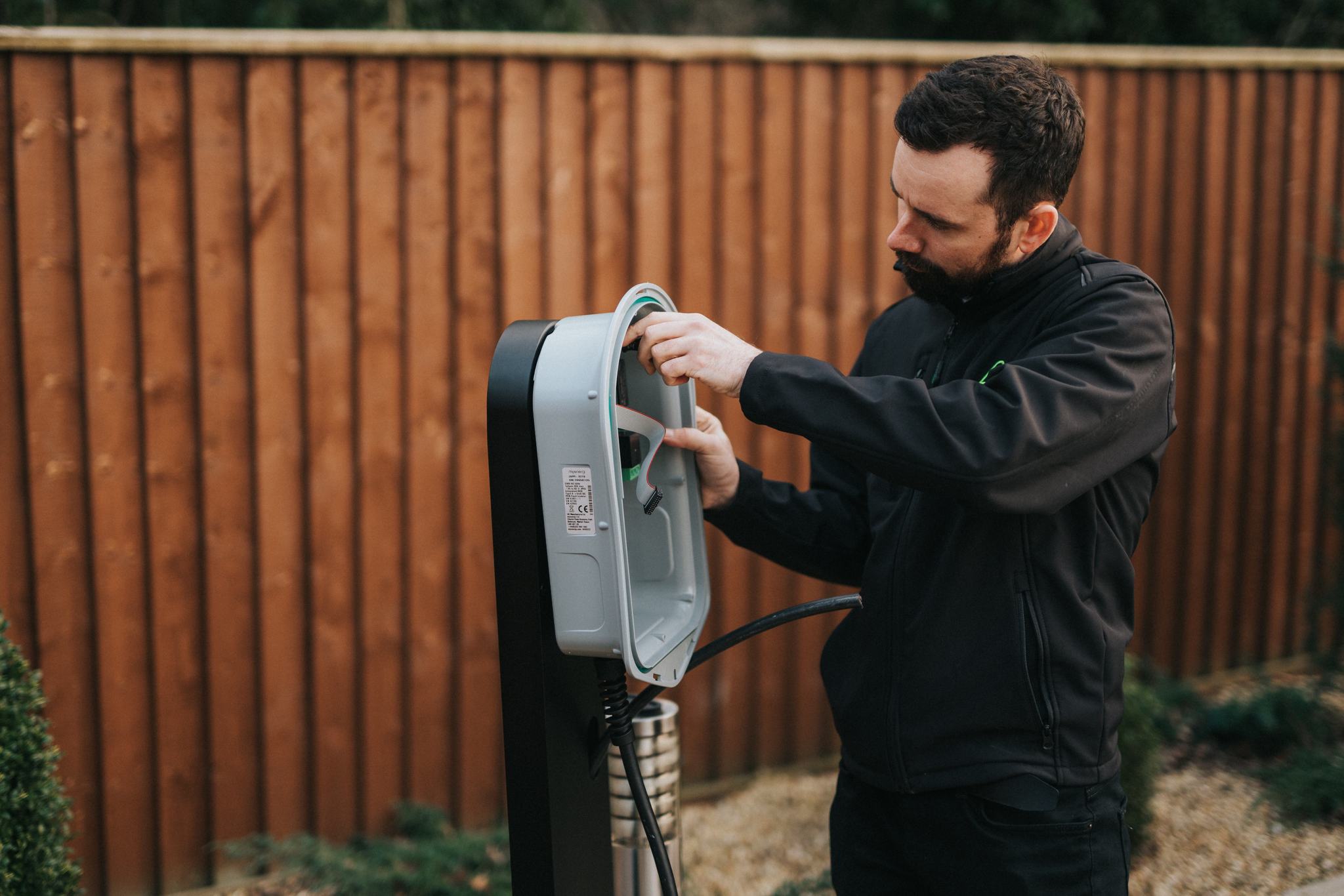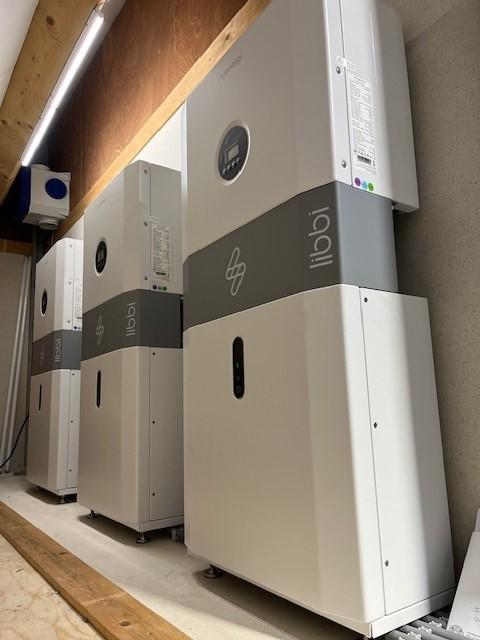Solar panels are becoming increasingly popular and that is not surprising. They allow you to generate your own energy and therefore reduce your energy costs. Are you curious about how solar energy works and what it can do for you? Then read on.
How do solar panels work?
Solar panels make use of sunlight and convert it into usable energy that you can use in your home. They are sometimes referred to as PV panels, which stands for Photo Voltaic. Photo' means light and 'Voltaic' electricity. So PV panels are literally panels that create electricity from light. Solar panels consist of several small solar cells that use Photo Voltaic to generate energy.
What do solar cells do?
The creation of solar energy is a complicated process. It can be roughly divided into three steps:
- The light from the sun is absorbed, releasing the electrons in the solar cells.
- The electrons move and create a current.
- This current is caught and passed on to cables.

How does solar energy become electricity?
When the solar energy has gone through the previous steps, it goes via the cables to an inverter. Here, the energy from the solar panel is converted into usable energy for your home.
Can solar energy be generated at night?
Many people wonder what happens when the sun goes down or when there is little sunlight in the day. When you are away from home during the day, you will start using energy mainly in the evening.
First of all, it is important to know that solar energy can become your first source of electricity, but it requires many adjustments in order to go completely off-grid. In the evening, when the sun has set, your solar panels will go into standby mode and your electricity will come mainly from it. It is therefore advantageous to look at how you can use energy efficiently in your home. We will look at this in the next section.

What happens to solar energy that I don't use? And how can I become less dependent on the grid?
The most ideal option is of course to use your self-generated energy yourself or to store it in your home. There are many developments underway that explore options for this. For example, the home battery is becoming more and more effective in use. With a home battery, you can store the energy that you generate too much during the day for use in the evening or on days when there are fewer hours of sunshine.
Our innovative eddi is perfect to use your self-generated energy in the most optimal way. Eddi uses your surplus energy to heat your home and provide hot water.
With our Harvi and Zappi products, you can also use your energy even smarter. They can recognise when off-peak tariffs are in force and thus save you money on your energy consumption.
Without a storage facility for your self-generated solar energy, it will disappear into the grid. At first, you received a nice compensation for this from your energy supplier, but this balancing arrangement is being phased out all the time.

What are the benefits of solar energy?
Using solar energy in your home has many advantages. The most important benefit is that it is a renewable energy source. Unlike fossil fuels, solar energy will never run out and it is not harmful to the environment.
Another advantage is that it brings down your energy bills. When you combine your solar panels with our eddi, you can also reduce your gas bill. You will quickly recoup the investment it costs to buy them by the savings in energy costs. Especially now that gas and electricity prices are on the rise, it is extra advantageous to invest in solar panels now.
Solar panels also require little maintenance. So you hardly have to incur any costs for them.
With rising house prices, you can gain another advantage with solar panels: The value of your home increases. Should you decide to move in the future, you can get more money for your home than, say, your neighbor with the same type of house without solar panels.
What do solar panels cost?
The price of solar panels depends on the number of panels that will fit on your roof and the type of panel you want. Assuming a set of ten panels, you will pay about €4,400 for installation including VAT and installation of the inverter. This VAT can still be reclaimed in the Netherlands at the tax office. In the end, you will pay about €3,650 for your ten solar panels (figures: Milieu Centraal).

What types of solar panels are there?
There are different types of solar panels, including:
- Monocrystalline (black) panels: These panels are known for their high performance and, according to some, look the best aesthetically. It is one of the more expensive panels.
- Polycrystalline (blue) panels: These panels are cheaper than monocrystal panels, but perform comparatively less.
- Thin film panels: These solar panels are made of a combination of materials. The panels are portable, flexible and lightweight. They are also considered aesthetically pleasing.
Then there are flexible solar panels. These are lightweight and very versatile in use. They are a portable alternative to traditional solar panels. They can be rolled up and folded, which makes them last longer and can also be used in multiple locations, such as a campsite. However, the disadvantage of flexible solar panels is that they are less efficient than non-flexible panels.
Have you already installed solar panels?
If you already have solar panels on your roof, consider adding more if you still have space. Make the most of your solar energy with our energy-saving products. Do you have any questions about using our products? We are happy to help!

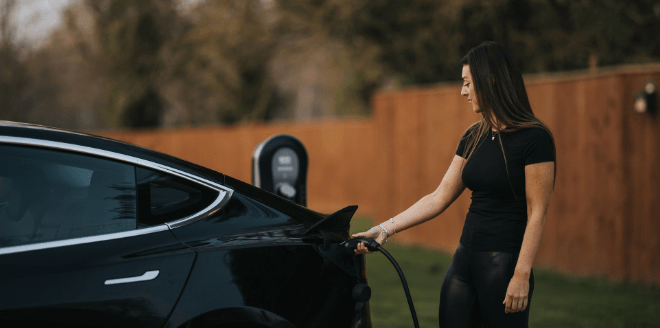 EV charging
EV charging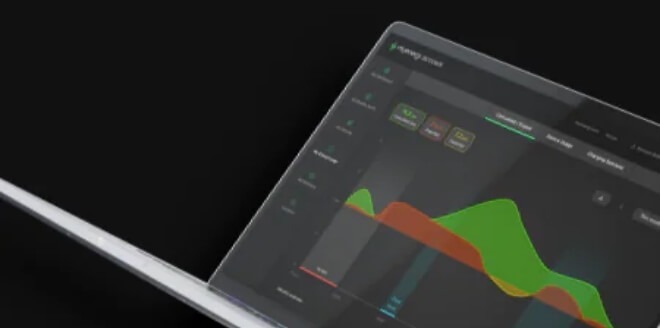 Manage your energy
Manage your energy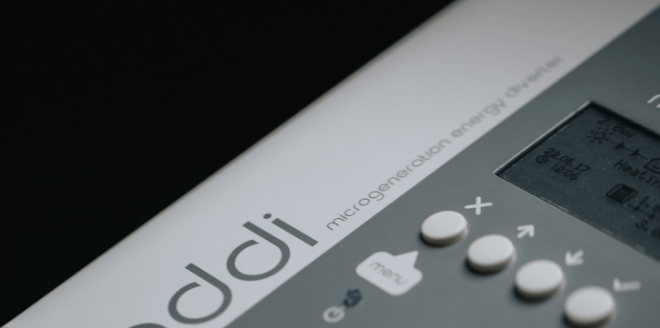 Maximize your energy
Maximize your energy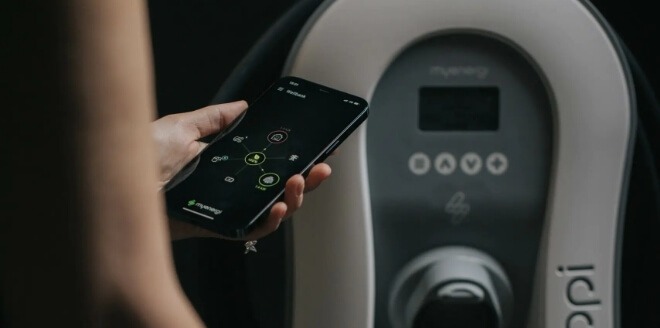 Monitor your energy
Monitor your energy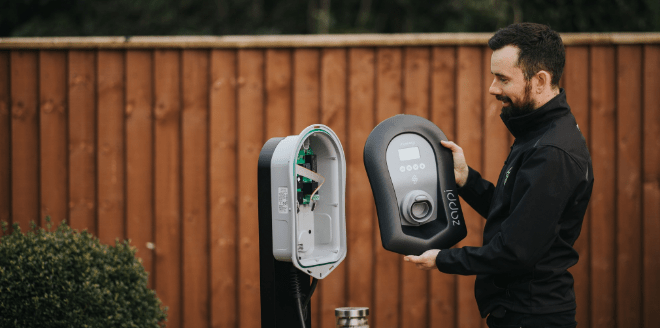 Find an installer
Find an installer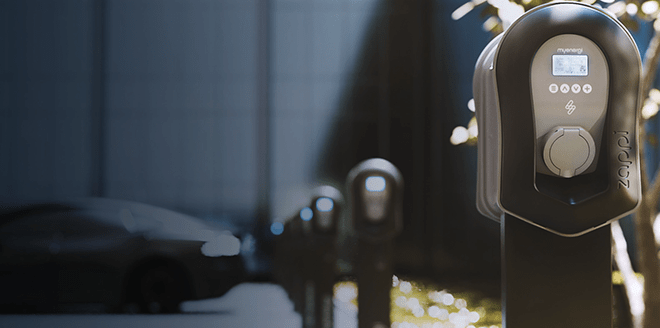 Business charging station
Business charging station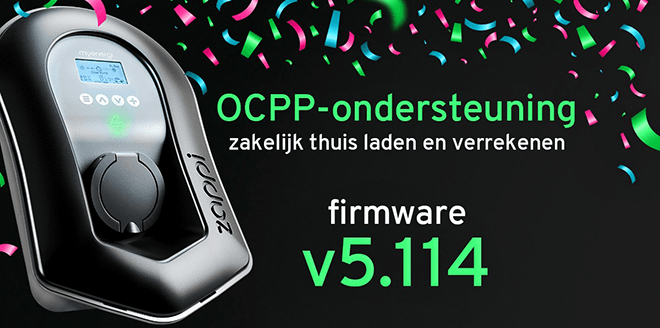 Pair zappi with a management platform
Pair zappi with a management platform
